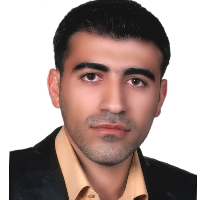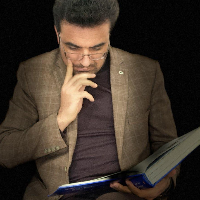The identification and prioritization of Indicators Affecting Collective Thinkingbase Supreme Leader's Views (the Case of Study: Imam Hossein University of Tehran)
The main purpose of this study is to identify and prioritize the indicators affecting Collective thinking base Supreme Leader's Views. To achieve this goal, data were collected in two stages (qualitative and quantitative) using The exploratory Sequential method. Initially, while studying the research literature, through structured and semi-structured interviews with 11 academic executives and experts selected by theoretical sampling, the key components of reflective thinking were identified in 85 key concepts, 15 sub-criteria, and 5 identification criteria. Using the Delphi method, 20 panelists (academic and practice), reached consensus on the components of reflective thinking in the qualitative part after four rounds and the validity of the qualitative part was also confirmed by the Kendall’s correlation coefficient (k = 0.89) as well as the chi - square test. According to the findings of the qualitative phase, a questionnaire was designed in quantitative part which its reliability was estimated at 0.93 by Cronbach's alpha method after reliability and content validity (Lavshe method), and were done through the participation of 84 of the researchers and employees of the University of Imam Hussein, which were selected according to stratified random sampling method. The quantitative data analysis method was implemented at both descriptive and inferential levels (Friedman) through SPSS 22 software The research findings have been identified indicators affecting reflective thinking and include criteria such as leadership discourse, strategies, foundations, Islamic viewpoints and ultimately the consequences of reflective thinking which the highest score of Freedman is related to reflective thinking bases with minimum value 44.72 and lowest score for strategies with score 40.65.it can be concluded that, if organizations pay attention to the reflective thinking paradigm, we can see the emergence of organizations with the characteristics such as Knowledge Creation, being learner and ultimately having a systematic approach.
- حق عضویت دریافتی صرف حمایت از نشریات عضو و نگهداری، تکمیل و توسعه مگیران میشود.
- پرداخت حق اشتراک و دانلود مقالات اجازه بازنشر آن در سایر رسانههای چاپی و دیجیتال را به کاربر نمیدهد.




